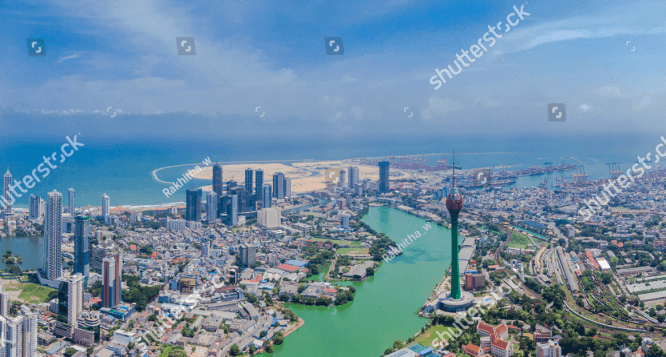sri lanka as a maritime hub
why sri lanka
The island nation’s proximity to key global maritime arteries, such as the Strait of Hormuz and the Malacca Strait, positions it as a vital maritime gateway connecting the East and West. The strategic location enhances Sri Lanka’s role in facilitating international trade and maritime transportation. The development of major ports like Colombo and Hambantota has further solidified the country’s importance, offering state-of-the-art facilities and infrastructure for transshipment and logistics.
Sri Lanka’s commitment to developing its maritime sector through ambitious projects and investments has attracted the attention of global shipping and logistics players. As a result, the nation plays a crucial role in promoting regional economic integration and fostering maritime connectivity, contributing significantly to the efficiency and dynamism of international trade and commerce.
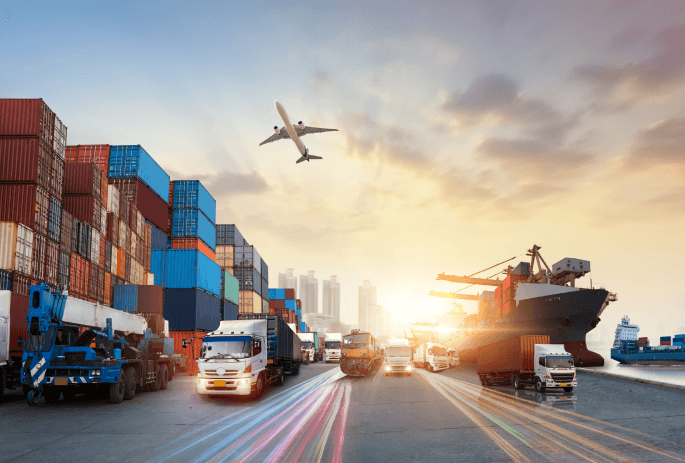
why sri lanka is important in logistic aspect
01
Strategic Location
Sri Lanka is strategically positioned in the Indian Ocean, making it a natural gateway between Asia, the Middle East, Europe, and Africa. This central location allows for efficient distribution and connectivity to major global markets.
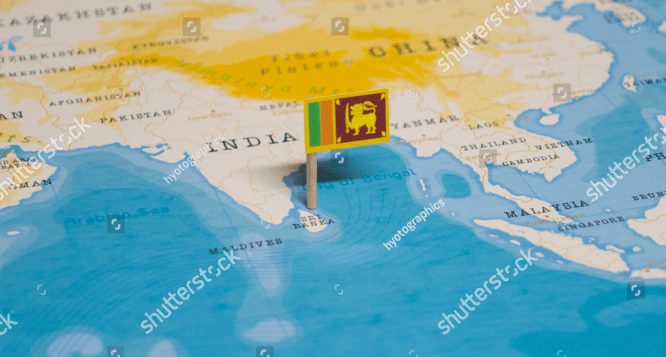
02
Transshipment Hub
Colombo Port is one of the busiest transshipment ports in the region. Its deep-water capabilities and modern infrastructure make it an ideal location for goods to be offloaded, stored temporarily, and then re-exported to various destinations.
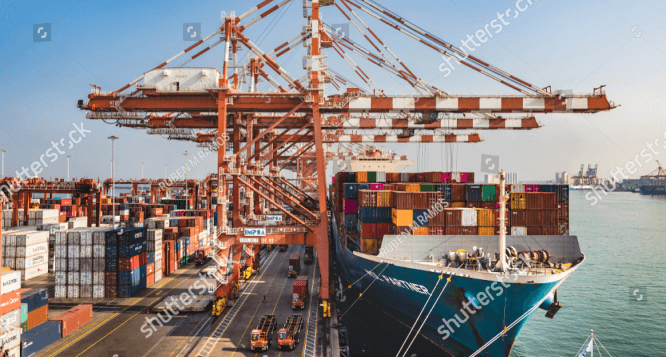
03
Free Trade Agreements (FTAs)
Sri Lanka has established FTAs with multiple countries, which provide preferential access to these markets. This makes it a prime location for value addition, where raw materials or components can be imported, processed, and then exported to these markets with reduced or free tariffs.

04
Special Economic Zones (SEZs)
The government has established Special Economic Zones that offer incentives such as tax breaks, streamlined regulations, and infrastructure support. These zones attract foreign investments and promote activities like manufacturing, assembly, and value addition.

05
Logistical Connectivity
Apart from its ports, Sri Lanka has a well-connected network of roads, highways, and railroads. This infrastructure facilitates the smooth movement of goods within the country and to and from its ports.
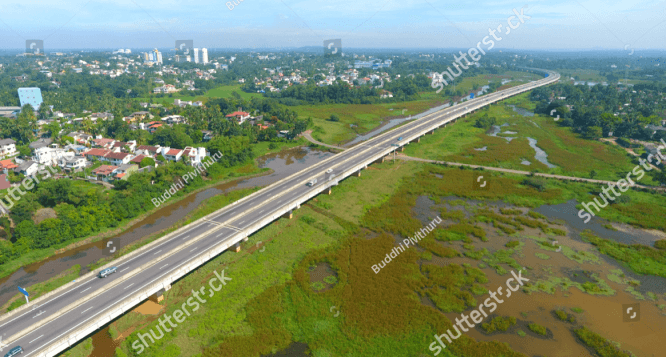
06
Investment Incentives
The government has implemented policies to attract foreign investments, including tax incentives, land leases, and simplified procedures for setting up businesses.

07
Infrastructure Development
Ongoing infrastructure projects, such as the expansion of ports, airports, and road networks, are enhancing Sri Lanka’s capabilities as a logistics hub and supporting its potential for storing, re-exporting, and value addition.
